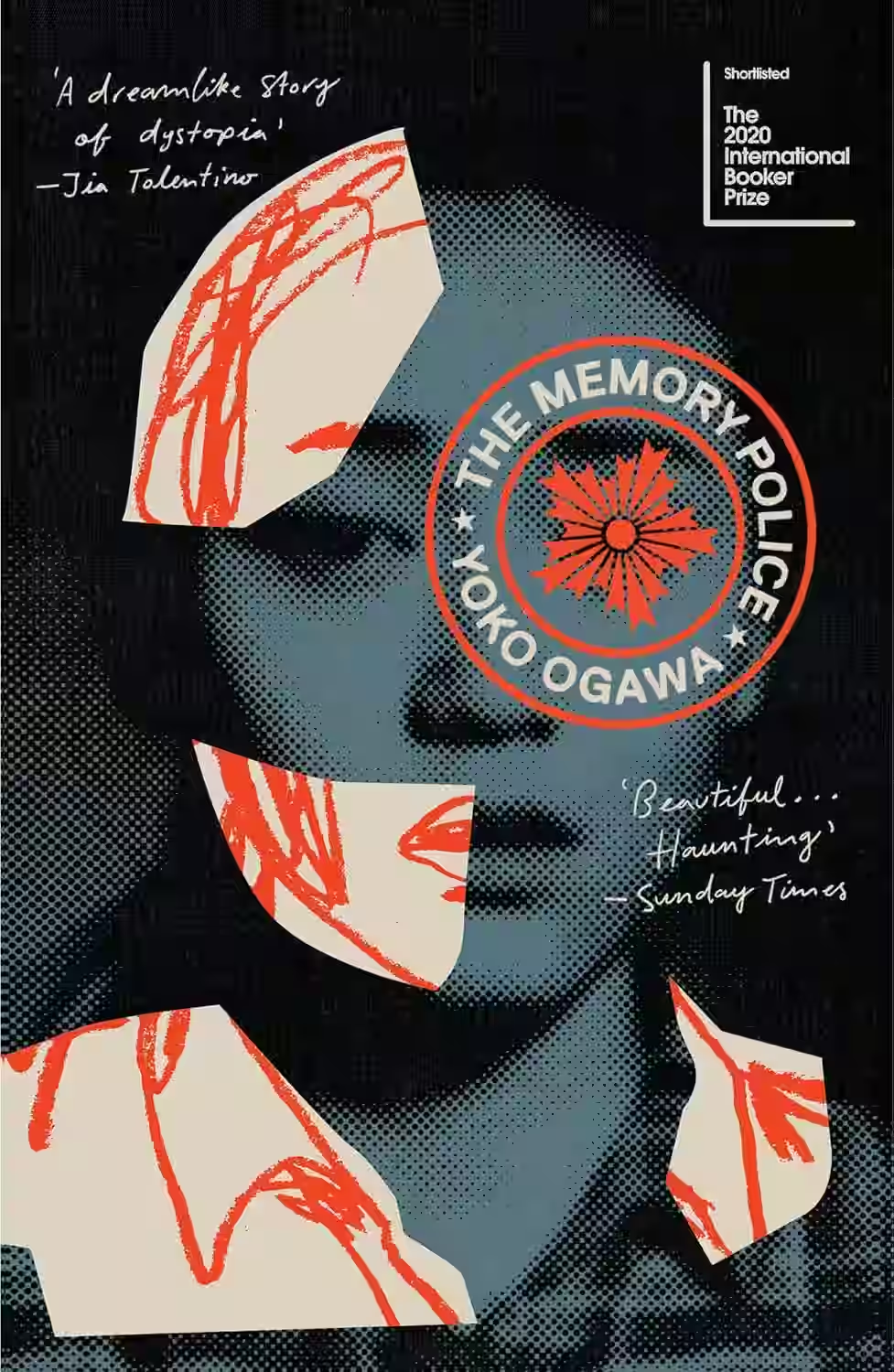
Yoko Ogawa’s The Memory Police is a haunting dystopian novel set on an island where objects—and the memories of them—periodically vanish under the watch of a mysterious authority. The unnamed narrator, a writer, tries to preserve meaning and identity as reality disintegrates around her. When the Memory Police target a man hiding memories, she risks everything to protect him. With quiet intensity and lyrical prose, Ogawa explores loss, surveillance, and the fragility of memory in a world where forgetting is enforced. It’s a chilling and elegiac reflection on control, impermanence, and resistance.
About Yoko Ogawa
A Japanese author known for her subtle and unsettling novels and short stories that often explore themes of memory, mathematics, and the fragility of human connection. Her works, such as The Housekeeper and the Professor and The Memory Police, are characterized by their precise and evocative prose, creating a sense of quiet unease and exploring the intricacies of the human psyche. Ogawa's unique literary voice has earned her international recognition.
Other Books by Yoko Ogawa
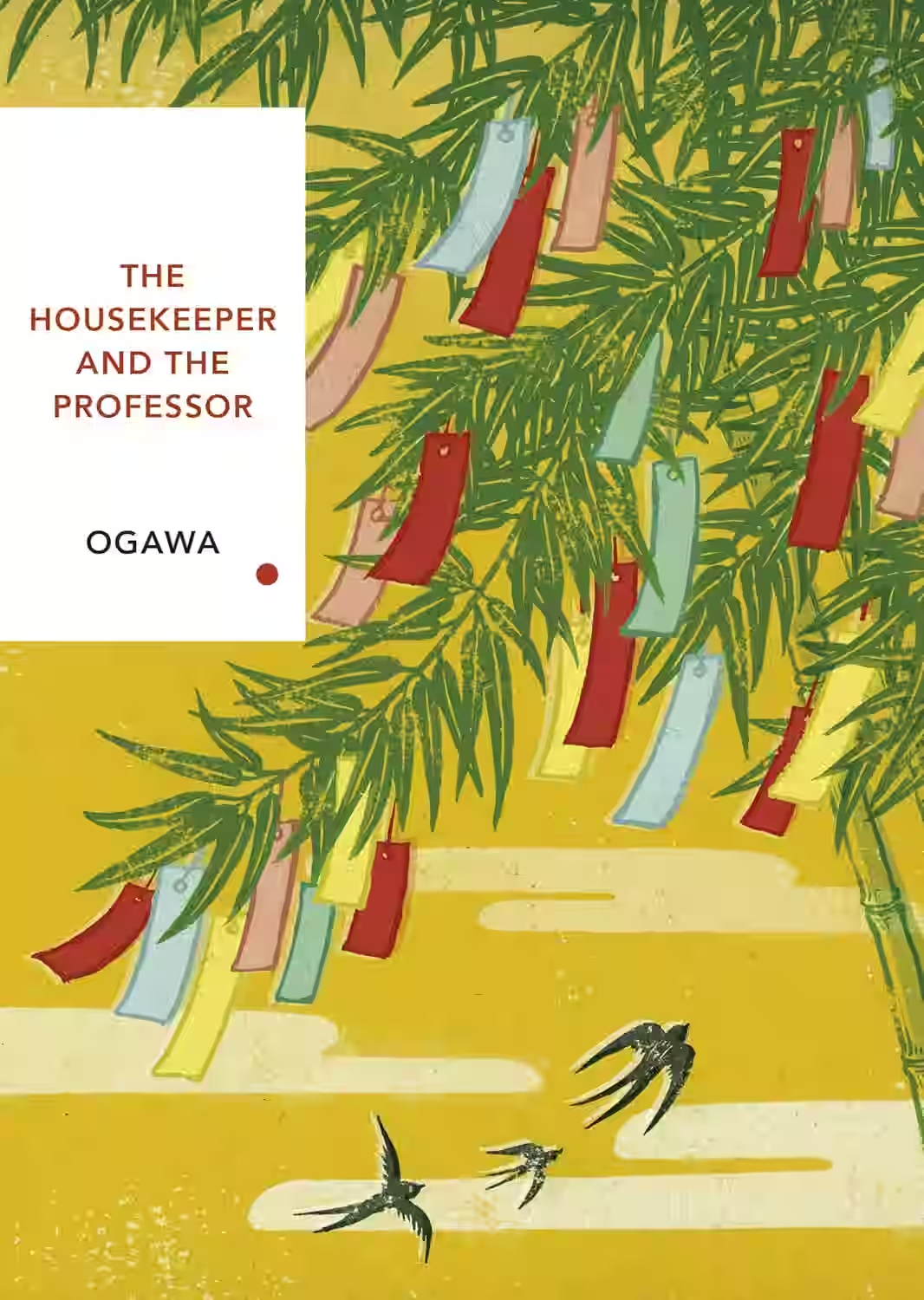
The Housekeeper and the Professor
by Yoko Ogawa
In 'The Housekeeper and the Professor' by Yoko Ogawa, the reader is drawn into a poignant story that transcends mathematics and memory to explore profound human connections. The narrative revolves around the unique bond between a brilliant mathematician, the Professor, whose memory only lasts for 80 minutes, and his housekeeper. As the housekeeper learns about the beauty of numbers and equations, she also unravels the complexities of relationships and emotions. Ogawa delicately weaves themes of love, loss, and the fleeting nature of memory throughout the book, creating a touching and uplifting tale that lingers in the reader's mind long after the final page.
Similar Books
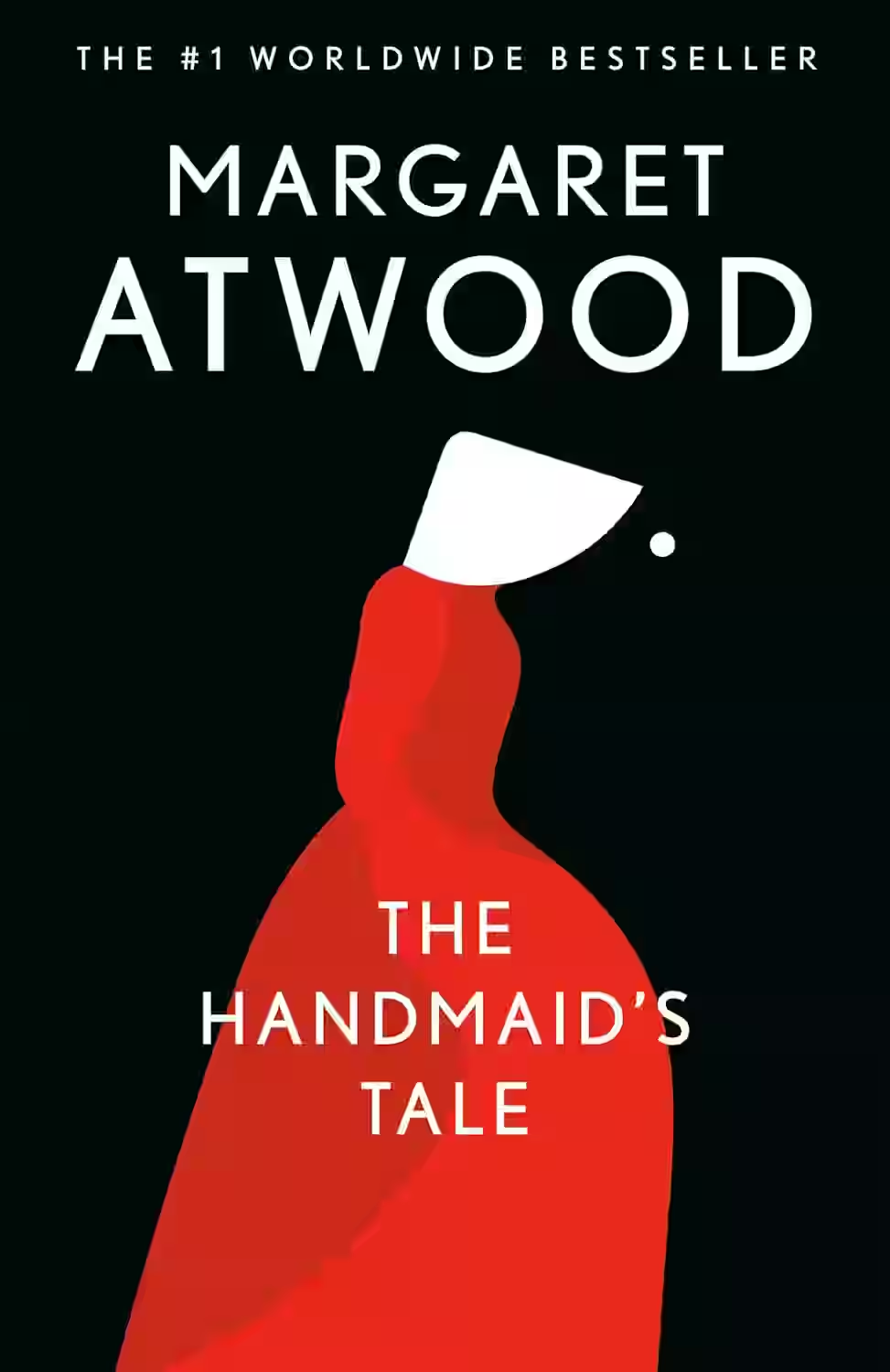
The Handmaid's Tale
Series: The Handmaid's Tale (#1)
In the Republic of Gilead, a theocratic regime has stripped women of their rights and forced them into distinct social classes. Through the eyes of Offred, a Handmaid assigned to bear children for elite couples, we see a chilling exploration of gender, power, and resistance in a society that feels disturbingly possible.
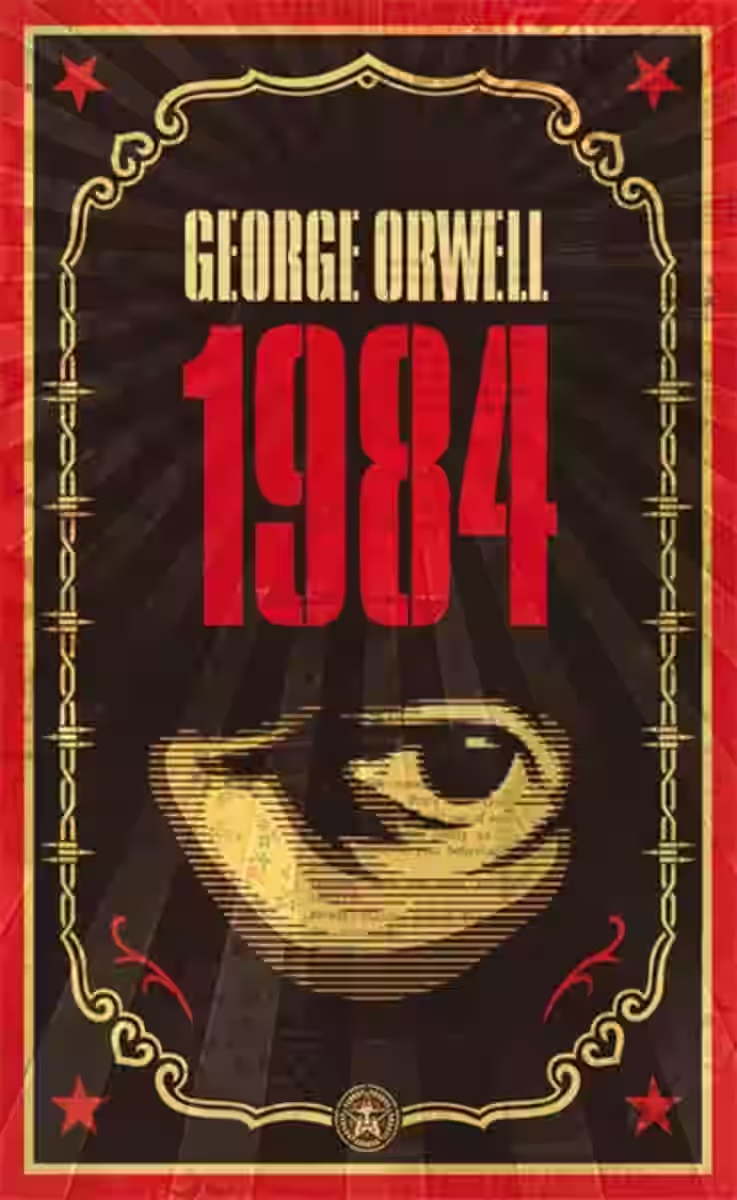
1984
In a totalitarian future Britain, Winston Smith secretly rebels against the omnipresent government that controls reality itself through surveillance, propaganda, and the manipulation of language and history. When he falls in love with Julia, another rebel, their forbidden relationship becomes an act of political rebellion. The novel explores themes of truth, power, and human dignity in a world where independent thought is a crime.
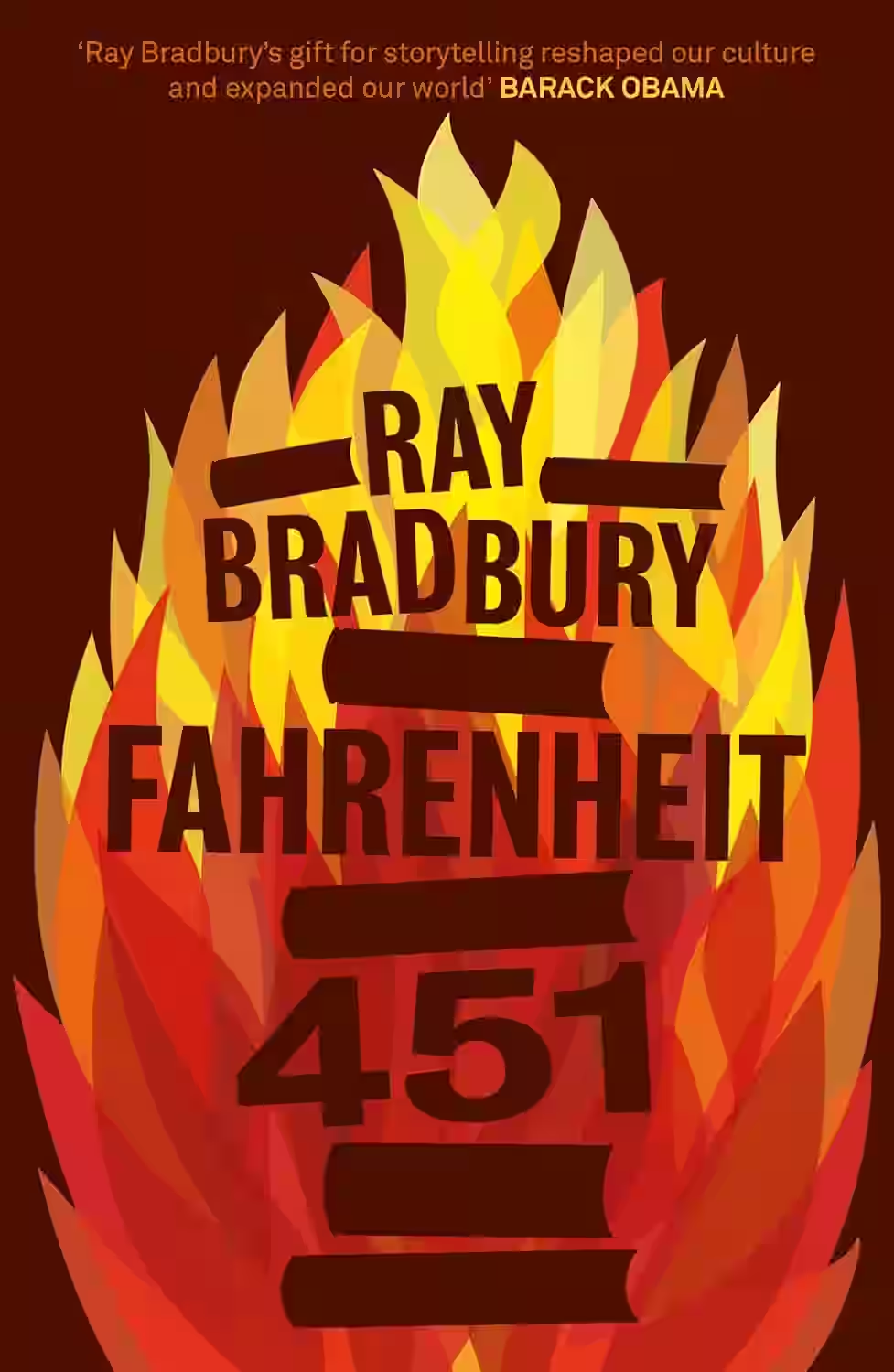
Fahrenheit 451
by Ray Bradbury
Ray Bradbury's "Fahrenheit 451" is a profound dystopian novel that delves into the consequences of a society bereft of critical thinking and free expression. Set in a future where books are banned and 'firemen' burn any that are found, the narrative follows Guy Montag, a fireman who begins to question his role in suppressing knowledge. The novel explores themes of censorship, the dehumanizing effects of technology, and the power of literature to inspire change. Bradbury's incisive commentary on conformity and intellectual repression remains remarkably pertinent, making it a timeless critique of society's foibles and the resilience of the human spirit in the pursuit of truth.
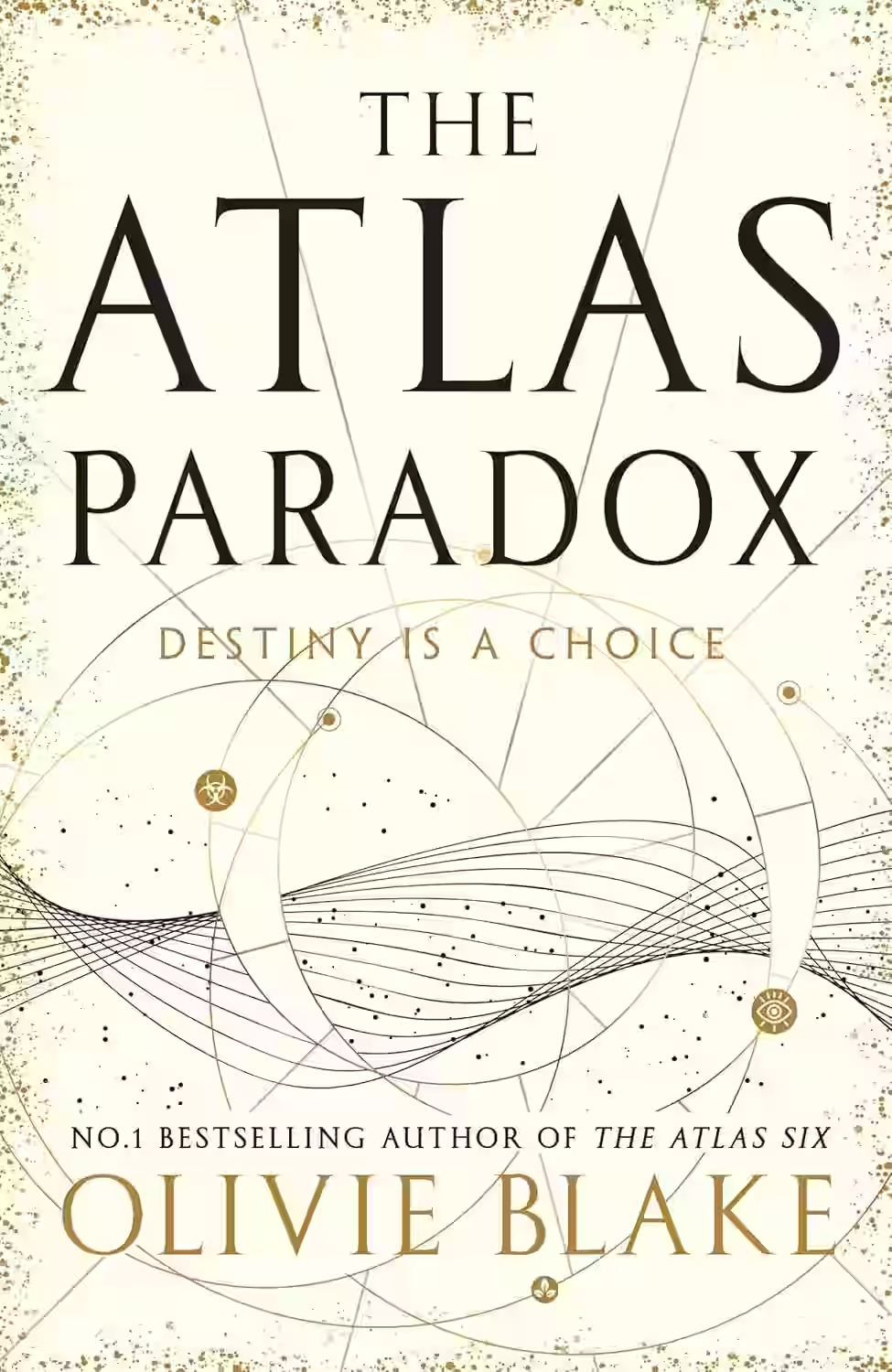
The Atlas Paradox
by Olivie Blake
Series: The Atlas (#2)
In 'The Atlas Paradox,' Olivie Blake continues to captivate readers with her blend of intrigue and intellectual challenge. As a sequel to 'The Atlas Six,' this novel dives deeper into the mysterious world of the Alexandrian Society, where six gifted magicians vie for their place among an elite group. Each character, with their unique abilities and motivations, navigates moral dilemmas and shifting alliances, revealing the corrupt underpinnings of their world. Blake deftly weaves a narrative that combines complex character development with philosophical questions about power, knowledge, and ethics. The book's stimulating dialogue and suspenseful plot maintain a gripping pace, enticing readers to ponder the true cost of ambition. 'The Atlas Paradox' is a thought-provoking exploration of the human psyche, making it a must-read for aficionados of dark academia and speculative fiction.